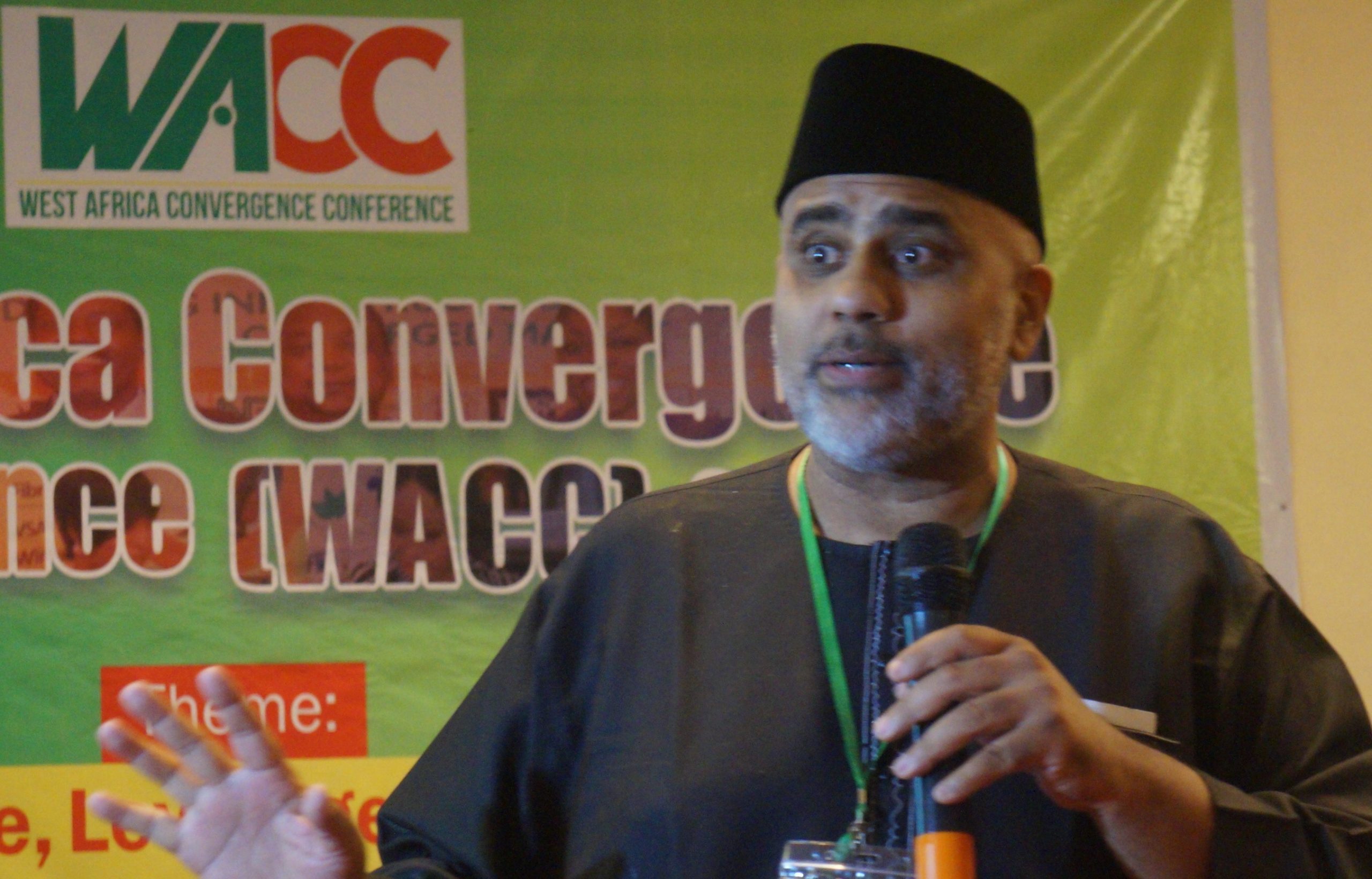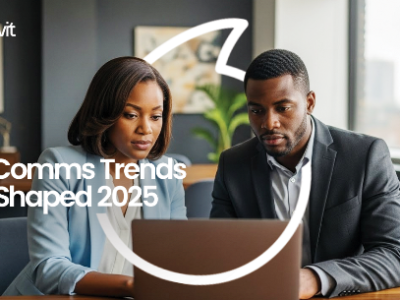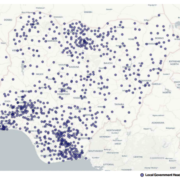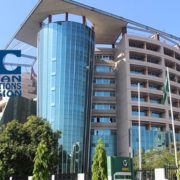Counting our 0.80% GDP losses to cybercrime
Abdul-Hakeem Ajijola (AHA) is a Commissioner of The Hague based Global Commission on the Stability of Cyberspace (GCSC), and also the Chairman of Consultancy Support Services Ltd (a cyber-security & ICT consultancy firm in Abuja, Nigeria). For 90 minutes, Ajijola engaged with IT Edge News. NG via social media (Twitter) to interact diverse audience on cybersecurity in Nigeria, the impact of cyber threats on the health of Nigeria’s economy and how cybersecurity impacts our day-to-day living. Aanuoluwa Omotosho anchored the ‘Tweeterview’.
What do you think is the best way to get and keep people on board with the software security?
Start by demystifying the software development processes; ensure that software developers understand the need (whys) of incorporating security from the design stage, and ensure that clients appreciate the need to demand for software products that are secure designed.
What are the most challenging aspects of software security impacting businesses today?
Human frailty is the single biggest challenge, B) Human ingenuity, especially on the part of cyber-criminals
What is Nigeria’s stance on Cybersecurity currently?
0.80% of Nigeria’s GDP is lost to cybercrime. A recent report (http://bizwatchnigeria.ng/nigerias-cyber-malware-attacks-reach-45-3-in-q3-2015/) has revealed that about 45.3 per cent internet users in Nigeria suffered attack from cyber crooks in the third quarter of 2015. Nigeria recognizes cyberspace as the 5th domain of warfare after Land, Sea, Air & Outer-space. Nigeria’s stance is articulated in three (3) documents [including] the National Cybersecurity Strategy and National Cybersecurity Policy that were approved about a month before 2015. The Cybercrimes Act was signed into law on May 15 2015.
The stats on GDP losses are huge, are the stakeholders conscious of the threat to the health of the economy?
I agree it is a threat to our economic health which demands to be thoughtfully and quickly addressed. Government is aware and I have heard both the NSA and the Honourable Minister of Communications use similar statistics. NCC reports 93,214,370 Internet daily subscribers as at December, 2016. (http://www.ncc.gov.ng/stakeholder/statistics-reports/industry-overview#gsm-2
Do cyber security startups stand a chance to save Nigeria with respect to cybersecurity seeing that the trend might just leave us behind if we wait for the government?
Yes! By 2020 an MSME Cybersecurity solutions sector will be in place, driven by knowledge workers below 35. Skilled cybersecurity workers will become cyber-guards that the nation will use, in times of cyber emergencies. We can succeed by working together.
How and why do we engage children in cybersecurity to ensure they have a secured future in the cyber space?
Increase the awareness of safe cybersecurity usage. Adults and children need to understand that if something is “free” then know that you are not the customer.
Can government play any role in securing cyberspace? What are the roles?
Government can set the laws and regulations, encourage the development of norms and good practices.
Is there a consortium that checks and sensitizes people on the need to be cyber secured?
I am not sure that a consortium is in place I see the existing groups coming together sooner than later.
In the end, Ajijola rounds off his tweeterview with 5 relevant keynotes on #Skills, #Traits and #WorkHabits
- “Please remember Invest of yourself in expanding opportunities! E.g. invest in on-line music not CD/ DVD’s”
- “People pay for pain relief, what problems (pain) will your idea, business or organization relieve?”
- “We also should be aware of the Cybersecurity #Skills & Personal #Traits. We need to evolve as cyber security professionals”
- ‘Time & Money Wait for No One or Nation Let’s get on with securing ourselves, our society, posterity and our prosperity’ /nHubNG
- “I encourage our Women in IT to become Cybersecurity Power Players.”





























